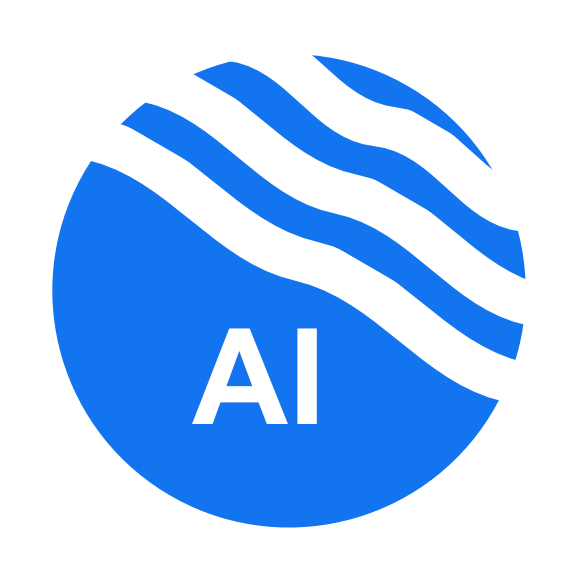In the rapidly evolving landscape of cancer research, a groundbreaking synergy between artificial intelligence (AI) and quantum computing is emerging as a powerful force in the fight against cancer. This innovative approach is revolutionizing drug discovery, enhancing diagnostic capabilities, and paving the way for personalized treatment strategies. As we stand on the cusp of a new era in oncology, the integration of these cutting-edge technologies promises to accelerate breakthroughs, offering hope to millions of patients worldwide and transforming the way we understand and combat this complex disease.
In the fusion of quantum computing and AI, we find the key to unlocking the intricate puzzle of cancer, where each piece reveals a new path to healing.
Recent advancements in this field have demonstrated the immense potential of combining AI and quantum computing in cancer research. A groundbreaking study published in Nature Biotechnology in January 2025 showcased how researchers from the University of Toronto and Insilico Medicine successfully used this hybrid approach to target the previously “undruggable” KRAS protein, a key driver in about 25% of human cancers [Nat Biotech 2025]. By leveraging a quantum computer alongside classical computing methods and generative AI, the team designed new molecules specifically targeting KRAS mutations. This innovative approach not only accelerated the drug discovery process but also identified two promising candidates for further development, potentially leading to more effective treatments for various types of cancer.


The impact of this technological fusion extends beyond drug discovery. Quantum computing is enhancing our understanding of cancer at the molecular level, enabling more accurate genomic analysis and improving medical imaging techniques. For instance, quantum algorithms are being developed to generate higher definition magnetic resonance images, detect finer features, and uncover subtle diagnostic and prognostic signatures [Quantum Insider 2024]. This quantum-enhanced imaging capability, combined with AI’s analytical power, is revolutionizing early cancer detection and treatment monitoring. Moreover, the integration of quantum sensing technologies with AI is opening new avenues for non-invasive measurement of biological tissues, potentially allowing for real-time diagnosis and personalized treatment guidance [Ann Med Health Sci Res 2023].
Wrapping Up with Key Insights
As we look to the future, the combination of AI and quantum computing in cancer research holds immense promise. This powerful alliance is not only accelerating the pace of discovery but also democratizing access to advanced research tools, potentially leading to more effective and personalized cancer treatments. For researchers, clinicians, and patients alike, this technological convergence offers a beacon of hope, promising faster breakthroughs, more accurate diagnostics, and tailored therapeutic approaches. As we continue to harness the potential of these technologies, we move closer to a future where cancer may be more effectively managed, and perhaps one day, conquered. The journey ahead is exciting, and the possibilities are boundless as we embrace this new era of quantum-enhanced, AI-driven cancer research.



Leave a Reply